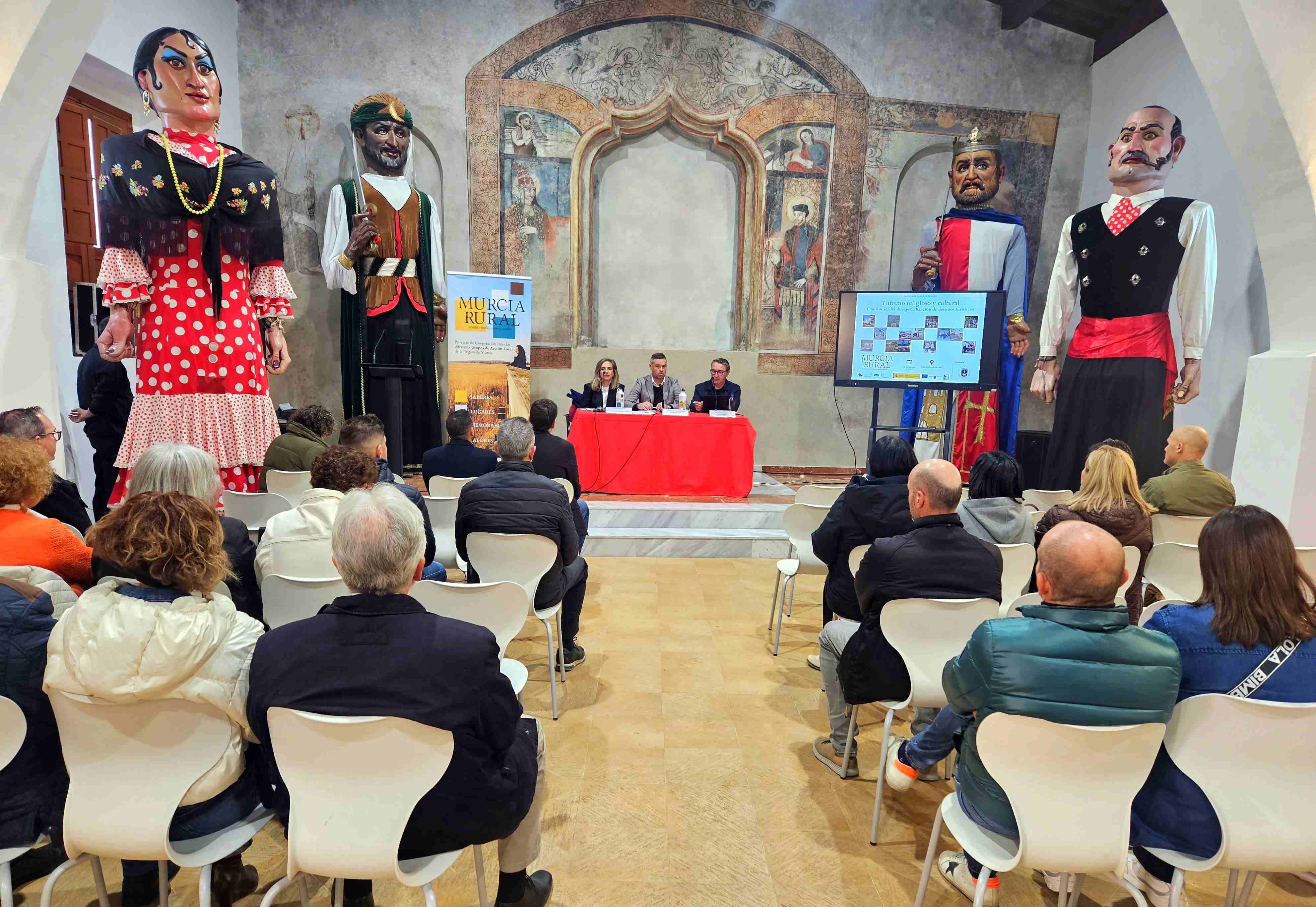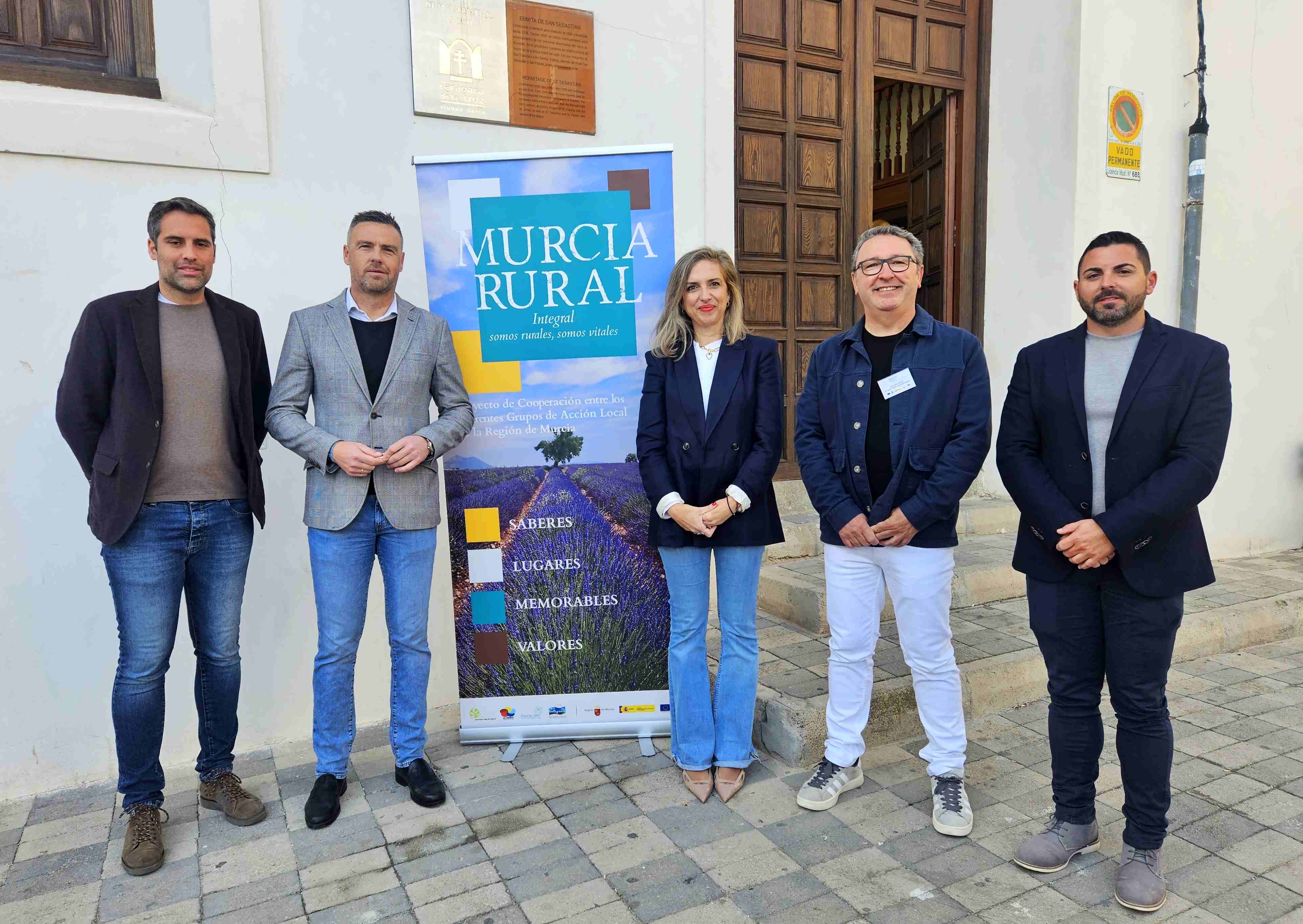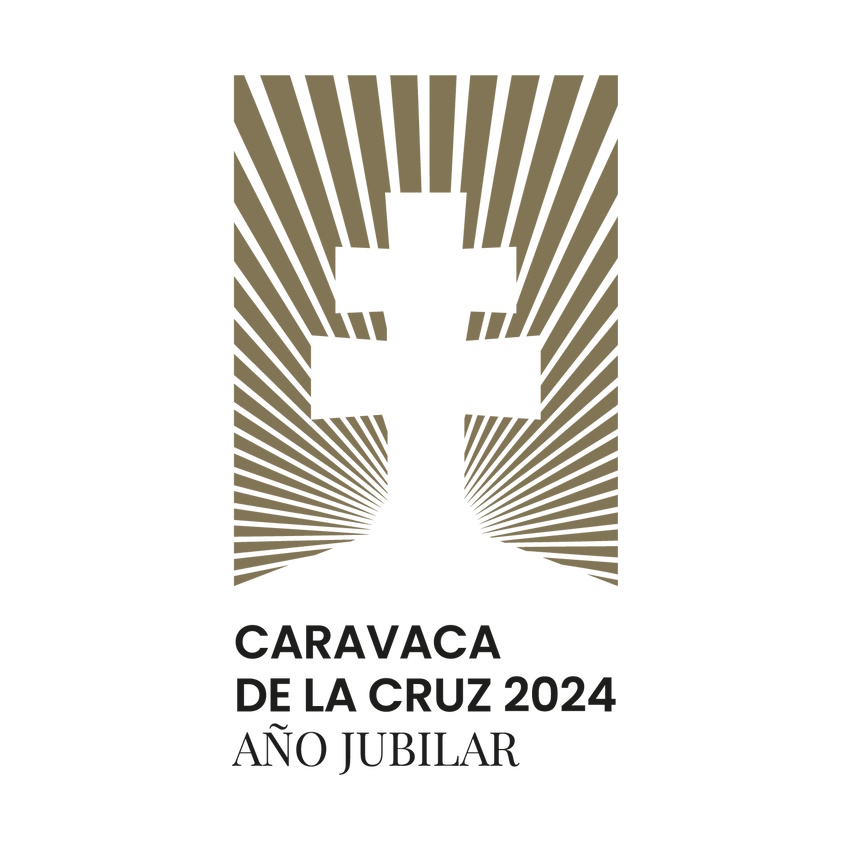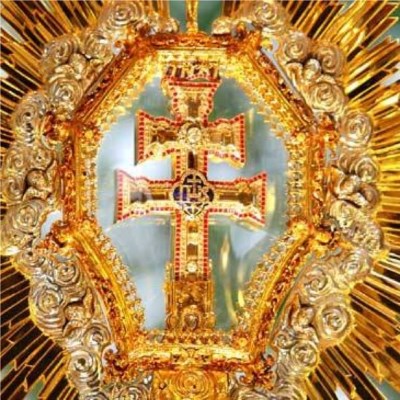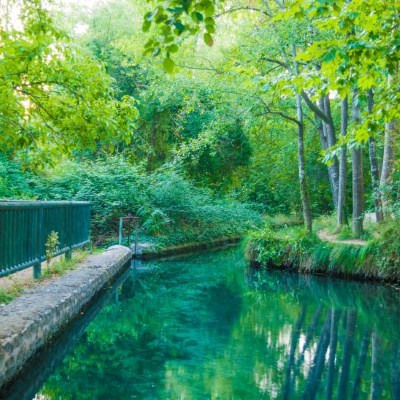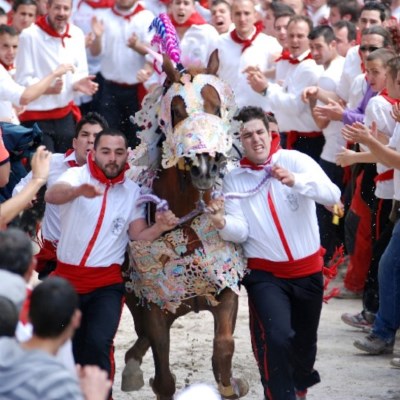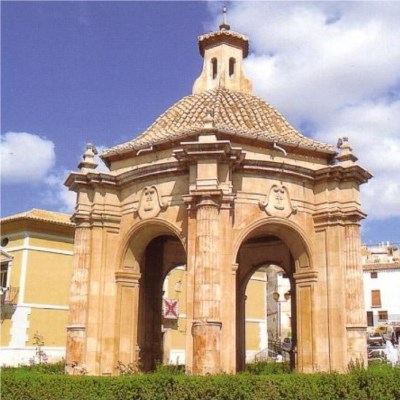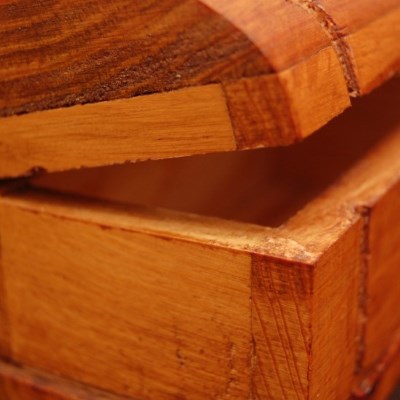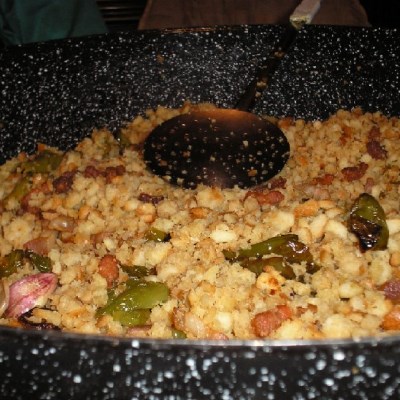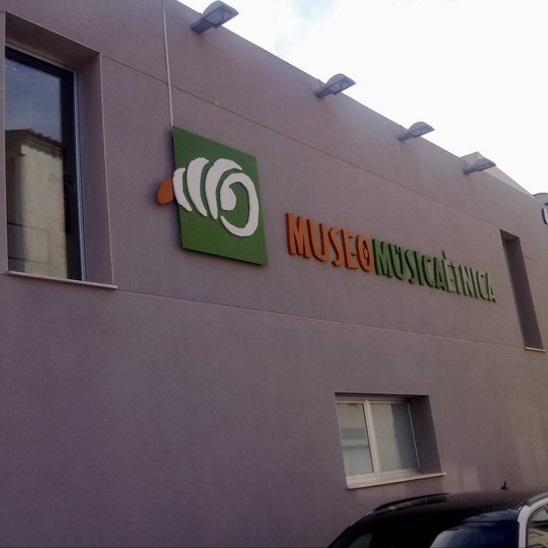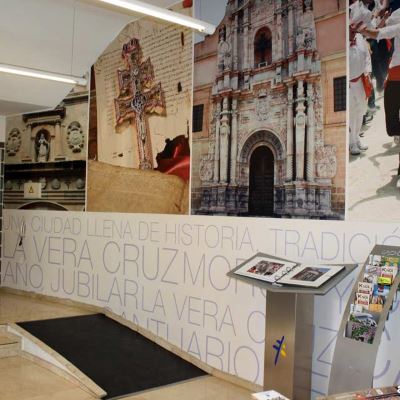What is a cookie?
Cookies are files which are downloaded to the user terminal (computer / smartphone / tablet) by accessing certain websites which are stored within its memory. Cookies allow, among other things, to store and retrieve information about the browsing habits of a user or his/her computer, to see what sites are visited, the connection time, to analyse the performance of a site, if there are any technical incidents, etc. Depending on the information contained therein and the way in which the terminal is used, they can be used to recognise the user.
What types of cookies are there?
There are several types of cookies depending on different criteria.
Depending on the title:· Own cookies. Those belonging to turismocaravaca.com.
· Third-party cookies. They are owned by a third party, other than
turismocaravaca.com, that will deal with the information collected.
Depending on the purpose:·Technical and/or personalisation cookies. They are used to improve service, locate incidents, recognise the user, etc.
· Analysis cookies. They are used to analyse navigation information
What is a cookie for?
We use cookies to offer you personalised services, analyse the performance of the system, recognise you as a user when you access, locate incidents and problems that may arise and solve them in the shortest period of time, as well as analyse and measure the usage and activity of the website.
Is my consent needed to set a cookie?
Consent for the installation of technical cookies or cookies that are strictly necessary for the provision of a service from the information society specifically requested by the user is not required.
As for the rest, the user's consent is required, and it can be obtained in different ways. In the case of
turismocaravaca.com, it will be understood that it has been granted if you continue using the website; notwithstanding the fact that you can at any time withdraw it and disable cookies.
What cookies are currently used by turismocaravaca.com?
TECHNICAL COOKIES: These are OWN cookies, regarding session, identification, configuration and registration, strictly necessary to identify the user and to provide services requested by the user. The information obtained through them is only dealt with by
turismocaravaca.com.
ANALYSIS COOKIES: They are dealt with by us or by third parties; they allow to quantify the number of users and so make the measurement and statistical analysis of the use made by users of the service provided. With this aim, navigation in our website is analysed to improve our supply of products or services.
The information collected by analysis cookies is treated by
turismocaravaca.com and a third party (Google Analitycs,
http://www.google.com/analytics/).
This application has been developed by
www.google.es.
This company provides us the analysis service of our website audience and can use this data to improve its own services and to provide services to other companies.
You can find these and other usages on the links provided.
This tool does not collect data from the first or last names of users or the address from where they connect. The information obtained is related to the number of pages visited, language, social network in which our services are published, the city to which the IP address from which users access is assigned, the number of users who visit us, frequency and repetition of visits, time of visit, browser used, operator or type of terminal from which visits are made.
We use this information to improve our website, identify new needs and evaluate the improvements to be made in order to provide a better service to users who visit us.
How can I disable cookies?
Most browsers indicate how to configure your browser not to accept cookies, to notify you whenever you receive a new cookie, as well as to completely disable them. To control what use you wish to be done of your information, you can configure your terminal browser in the way you consider to be the most convenient for you.
In any case, we do note that if the technical and/or operational cookies are disabled, the quality of the website can be diminished or it might be more difficult to identify you.
We indicate the links below where you can find some more information on the different browsers:
· Chrome,
http://support.google.com/chrome/bin/answer.py?hl=es&answer=95647· Explorer,
http://windows.microsoft.com/es-es/windows7/how-to-manage-cookies-in-internet-explorer-9· Firefox,
http://support.mozilla.org/es/kb/habilitar-y-deshabilitar-cookies-que-los-sitios-we· Safari,
http://support.apple.com/kb/ph5042 